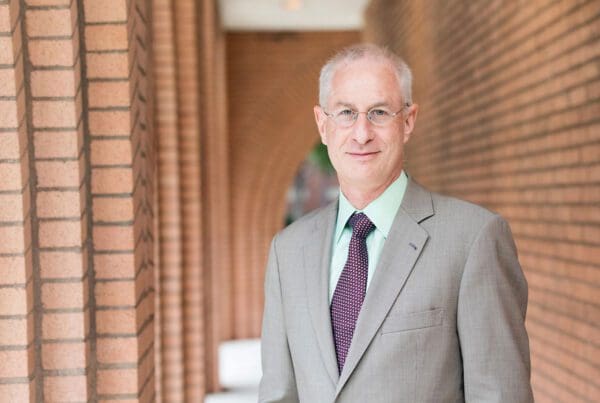USC Leonard Davis Associate Professor Susan Enguídanos, an expert in palliative and hospice care, will be honored for her extensive body of research in palliative care just as she begins a new project implementing and evaluating an innovative, patient-centered palliative care program.
Enguídanos will receive a 2015 Award of Excellence in Research from the Social Work Hospice & Palliative Care Network (SWHPN) during the organization’s General Assembly in Philadelphia February 23-24, 2015. The award recognizes a commitment to research and scientific publication that “contributes significantly to the body of knowledge in psychosocial palliative care, hospice, grief, loss, and bereavement,” according to the SWPHN website.
“This is an incredible honor, especially given the track records of previous SWHPN award recipients who have conducted important palliative care research,” Enguídanos said.
Enguídanos’ impressive body of research includes work on improving palliative care access and continuity for individuals with complicated illnesses. A new grant from private health insurer Cambia Health Solutions will support the implementation and evaluation of a comprehensive palliative care program provided under an innovative insurance benefit.
The two-year, $400,000 grant will enable Enguídanos to adapt a home-based palliative care program—found in previous trials to be effective in improving patient satisfaction while decreasing costs of medical care—for implementation within primary care clinics. Working jointly with Cambia Health Solutions leaders, Enguídanos will test the effectiveness of this new reimbursement model on patient satisfaction with medical care, communications with care providers, and patient understanding of their medical conditions. The home-based primary care program, adapted from similar programs studied by Enguídanos, will provide pain and symptom management, psychosocial support, and education for patients with serious chronic illnesses, such as cancer, congestive heart failure, and chronic obstructive pulmonary disorder. But unlike hospice care, this program provides palliative care for people earlier in the disease trajectory, not just at end of life.
Targeting this pre-hospice population means that patients with chronic illnesses will receive additionally care, education, and other services at home alongside their standard treatment. Reimbursable benefits would include discussions with and home visits from physicians, nurses, social workers and home health aides.
“Most people either have never heard of palliative care or associate it only with hospice and end-of-life care,” she said. “But this program is not about end of life or convincing patients to forgo care; it’s about getting them excellent pain and symptom management while educating them on how to better manage their health condition. We find that with home-based palliative care, we can provide better access to pain and symptom management, which reduces crisis and subsequent emergency room visits and hospitalizations.”




